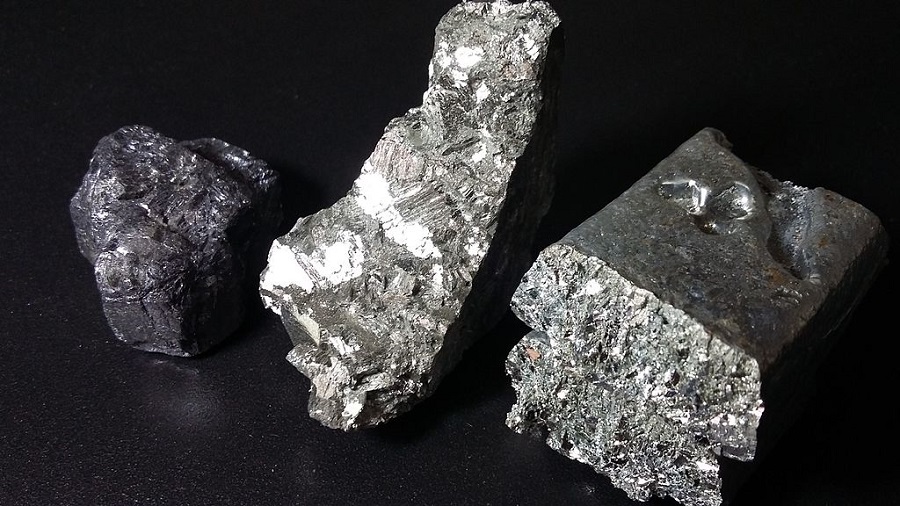Russian gold miner Polyus profits rise, antimony sales start

MOSCOW, Aug 3 (Reuters) – Polyus, Russia’s largest gold producer, on Friday reported second-quarter net profit of $114 million, up 10 percent year on year, due to higher gold sales and lower costs, partly related to the start of plans to sell antimony.
Earlier this year, the company said it would aim to produce up to 15 percent of global antimony output, used primarily to make fire retardants and batteries.
Second-quarter earnings growth was supported by a 9-percent decrease in total cash costs to $345 per troy ounce due to the rouble’s depreciation and also due to a by-product credit from sales of antimony rich flotation concentrate, Polyus said.
The revenue from sale of antimony was recognised as a decrease to cost of gold sales upon delivery to customers and amounted to $8 per ounce in the second quarter of 2018. It began first shipments of antimony concentrate in May.
Polyus said that excluding non-cash items, its second-quarter adjusted net profit jumped 68 percent to $457 million and matched its adjusted earnings before interest, tax, depreciation and amortisation (EBITDA). The latter rose 21 percent, beating an average estimate of $448 million in a Reuters poll.
The company controlled by Said Kerimov, son of Russian tycoon Suleiman Kerimov, kept its 2018 gold production guidance unchanged at 2.375—2.425 million troy ounces, adding that the ramp-up of production at its major Natalka gold deposit in Russia’s far east was in its final stage.
“We expect to see this asset reaching full design capacity in the coming months,” Pavel Grachev, Polyus chief executive, said in a statement.
“We expect to see this asset reaching full design capacity in the coming months.”
Natalka, currently operating at above 90 percent of its design capacity, produced 39,800 ounces of refined gold for the period.
Polyus also reiterated that U.S. sanctions applicable to Suleiman Kerimov do not extend to his son, Said, or to Polyus.
Washington included Suleiman Kerimov and some other Russian businessmen on its sanctions list in April to punish Moscow for its alleged meddling in the 2016 U.S. election and other “malign activity.” This caused a sharp fall in some Russian companies’ shares, including Polyus.
When the U.S. sanctions were imposed, Suleiman Kerimov was also under investigation in connection to a separate – tax evasion – case in France. In June, France dropped all charges against him, after which Polyus’ shares partially recovered.
Polyus’ shares in Moscow are still down about 3 percent since the start of 2018.
(Reporting by Polina Devitt; Editing by Jane Merriman)
{{ commodity.name }}
{{ post.title }}
{{ post.date }}




Comments